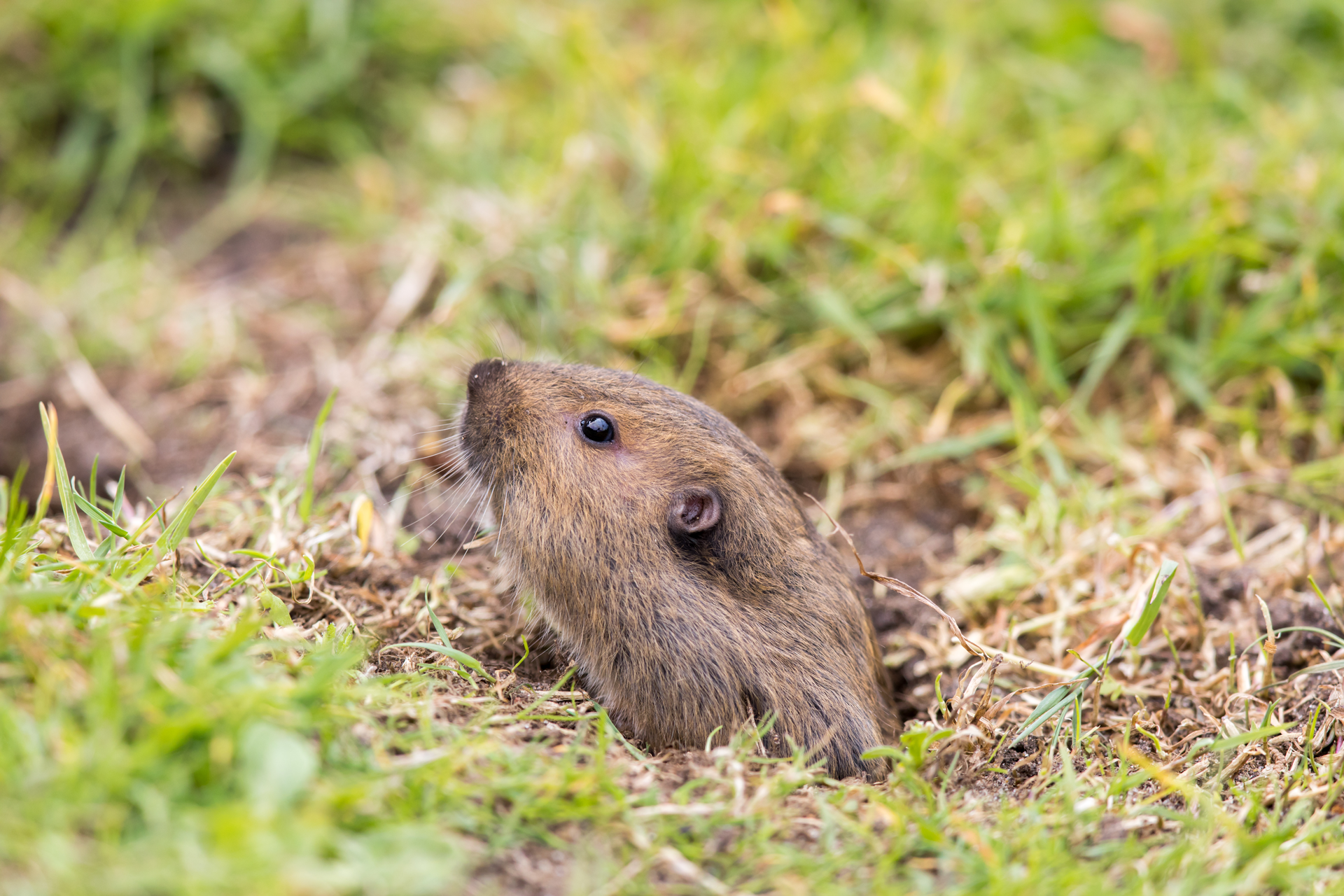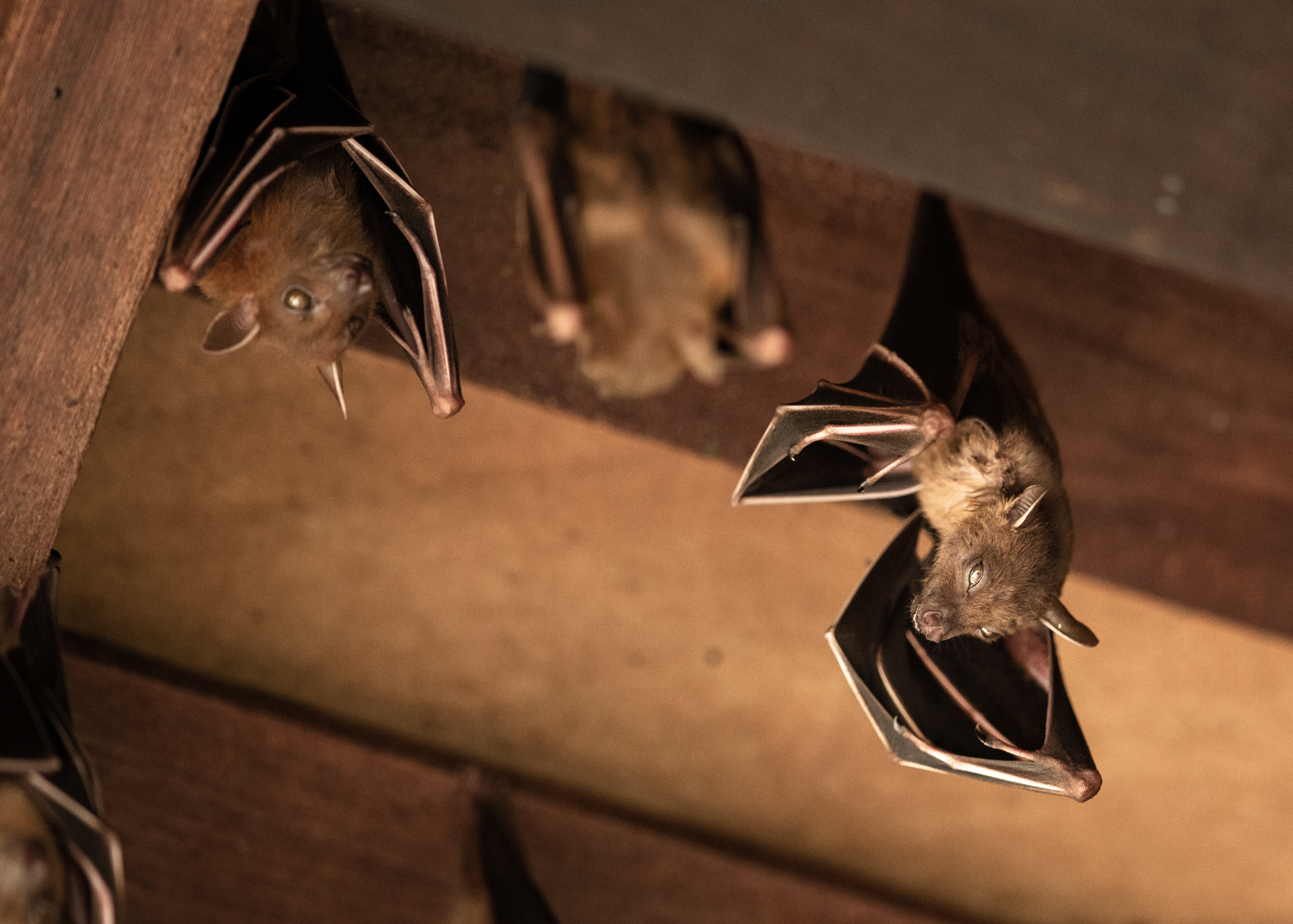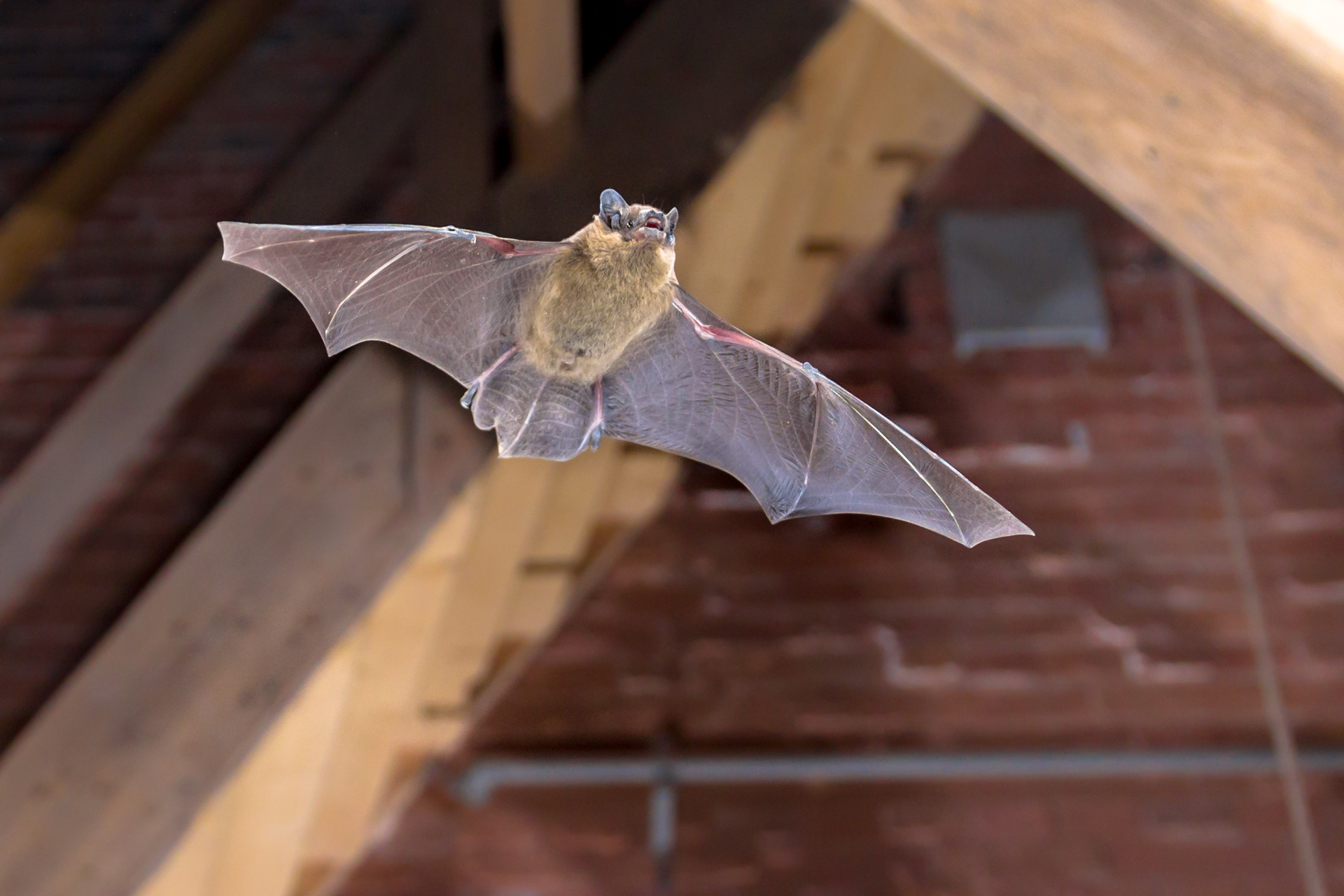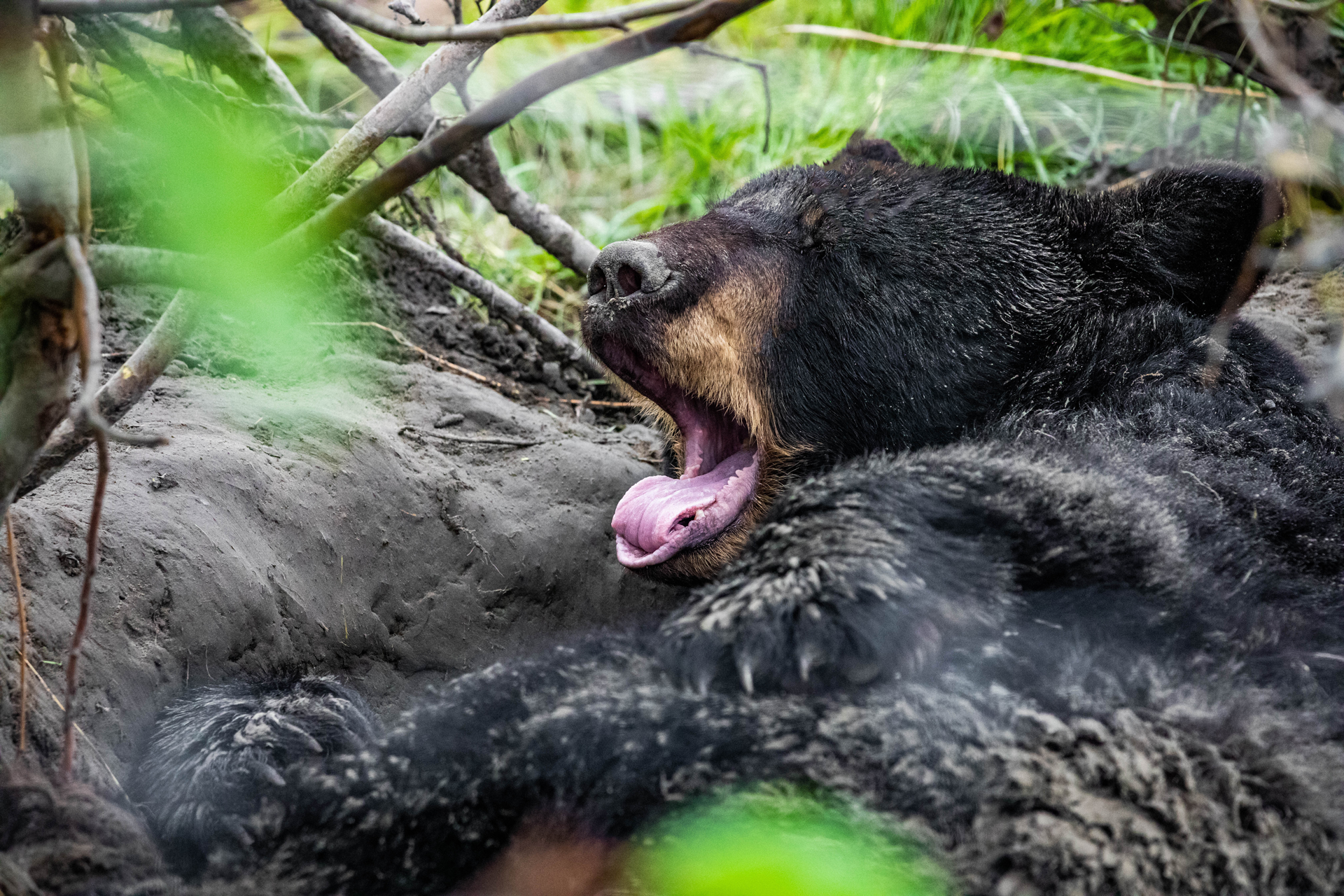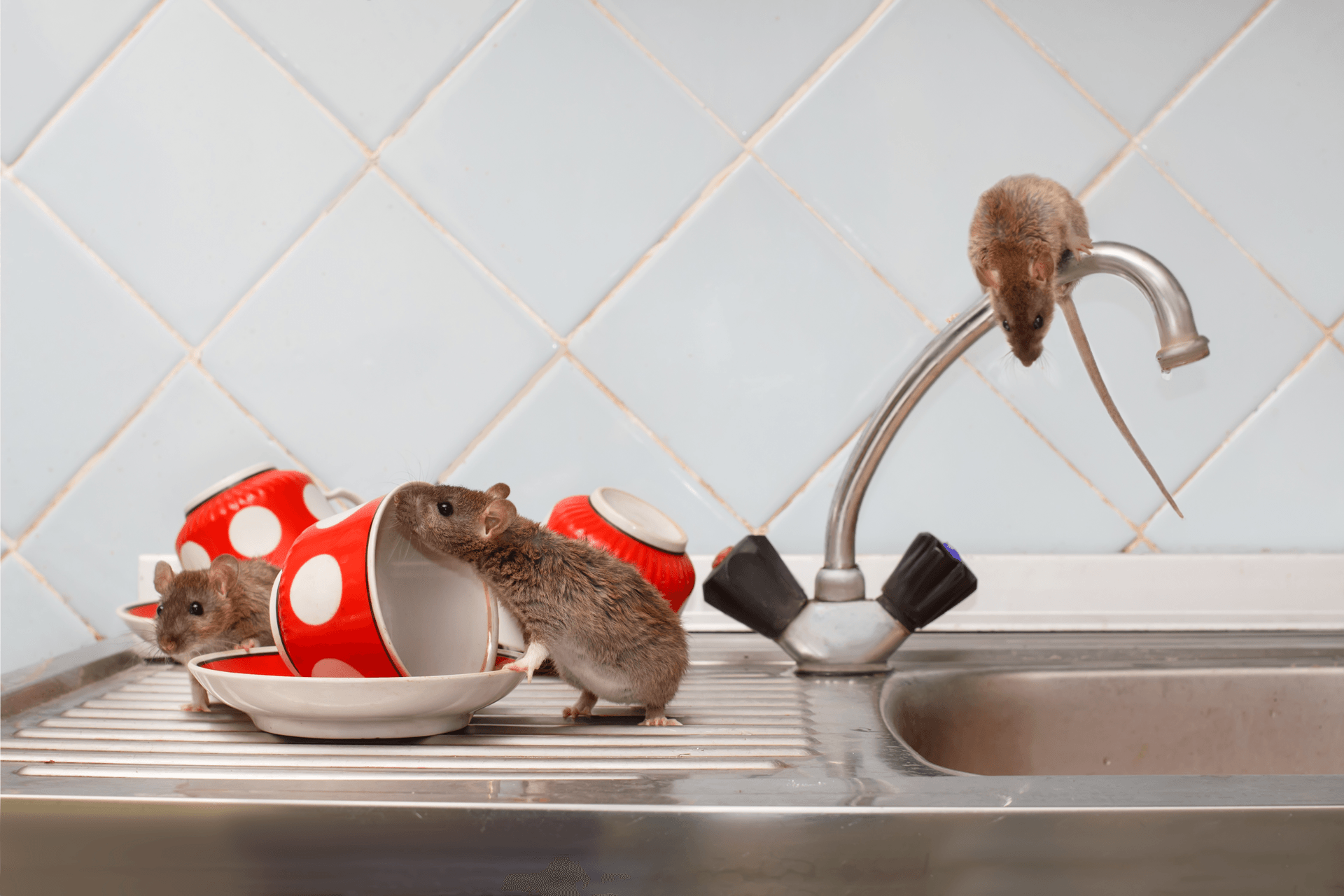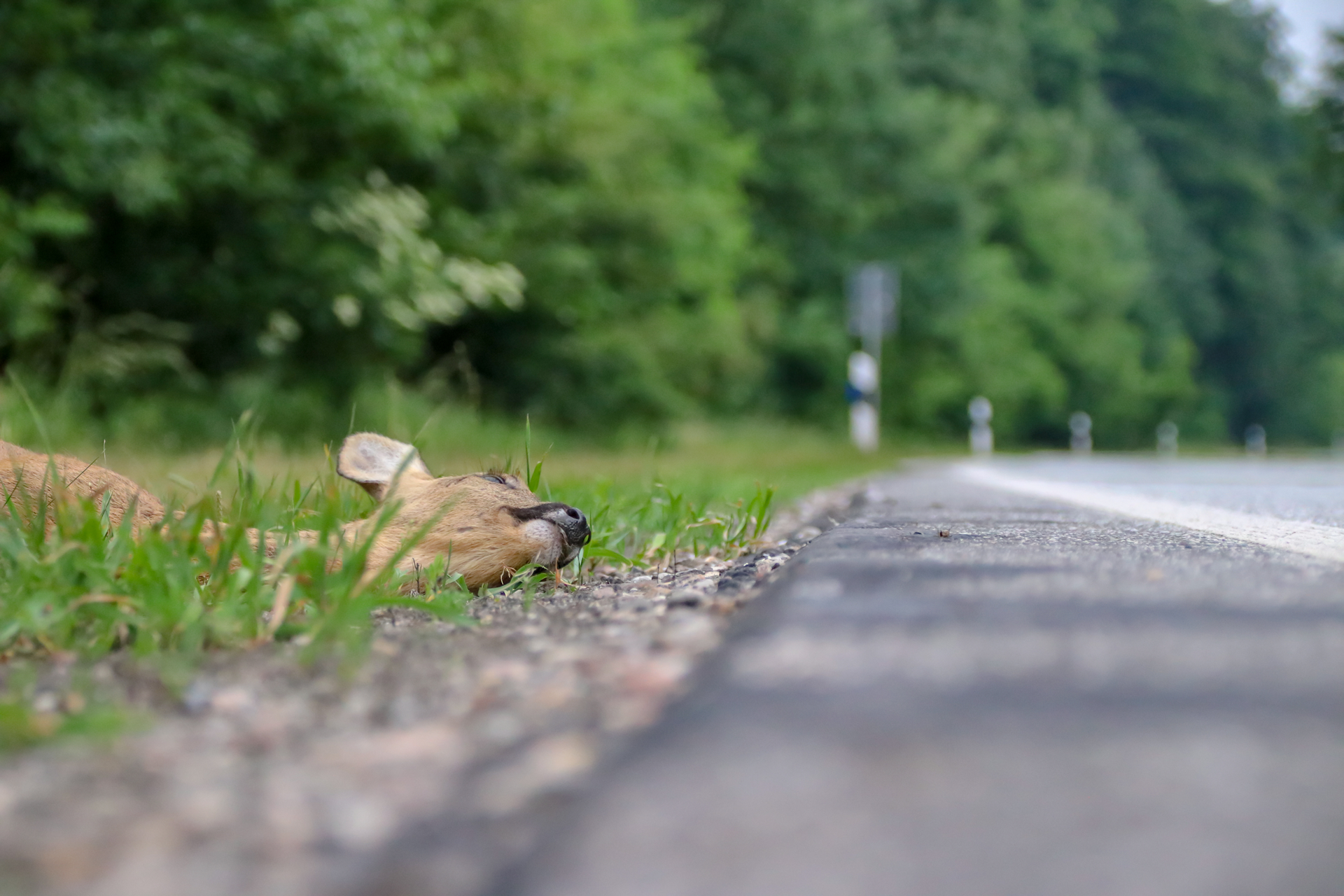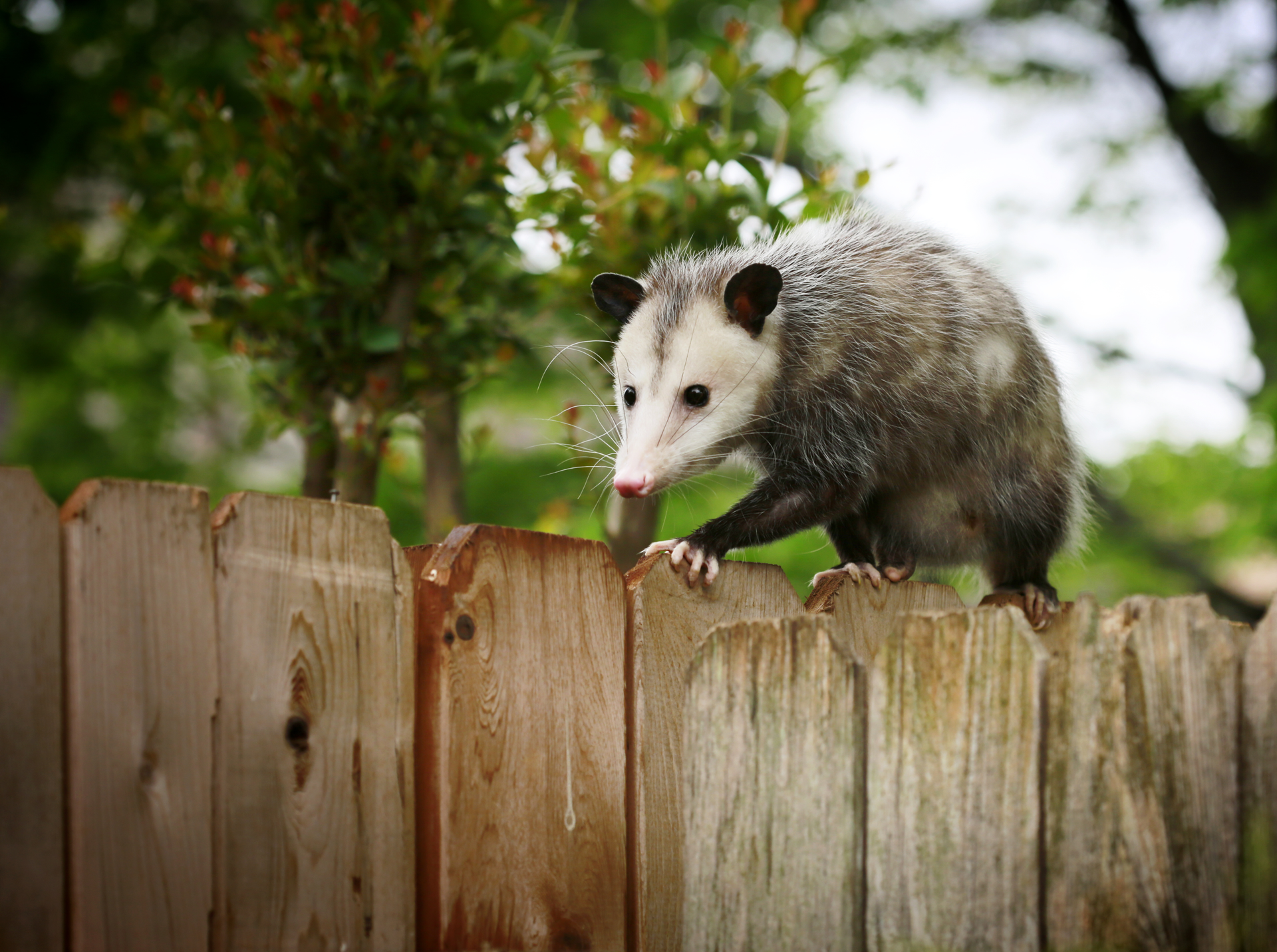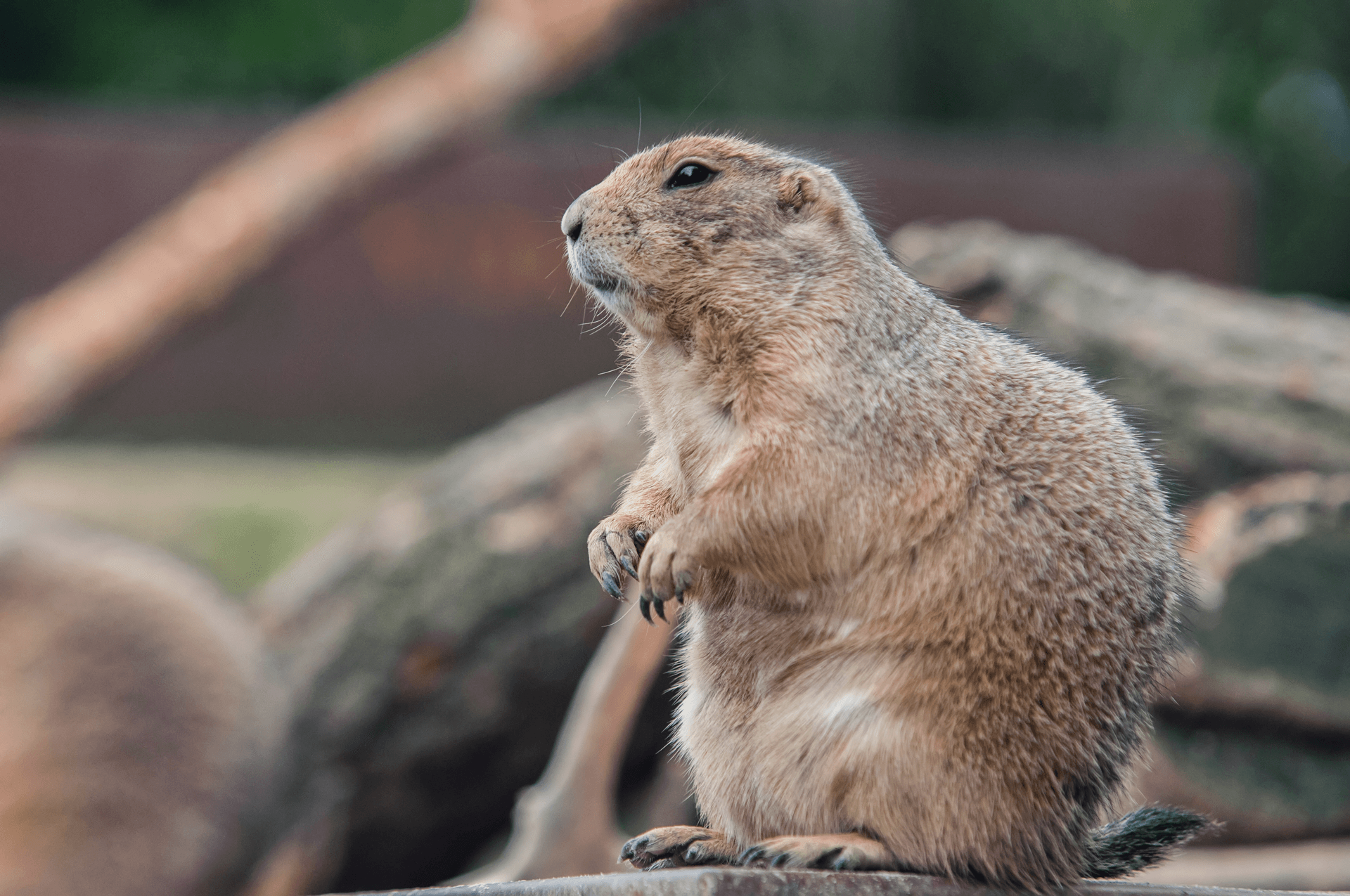Raccoon Myth Busters
Separating Raccoon Fact From Fiction
When it comes to raccoons, there are numerous myths and misconceptions that have been passed down through generations. These fascinating creatures often find themselves at the center of exaggerated tales and unfounded beliefs. We want to set the record straight and debunk these common misconceptions about raccoons.
Myth: Raccoons Are Adorable And Harmless Creatures
Fact: While it's true that raccoons can be cute and have an appealing appearance, it's important to remember that they are still wild animals. Raccoons possess sharp teeth and claws that can cause significant harm if they feel threatened or cornered. It's crucial to maintain a safe distance and avoid direct contact with raccoons.
Myth: Raccoons Are Dumb Scavengers With No Remarkable Intelligence
Fact: On the contrary, raccoons are highly intelligent creatures. They have demonstrated problem-solving skills, adaptability, and a remarkable ability to remember solutions to tasks for up to three years. Research has shown that raccoons can successfully navigate complex environments and even open latches, jars, and doors. Their dexterous paws and inquisitive nature contribute to their cleverness.
Myth: Raccoons Are Carriers Of Rabies And Pose A Significant Health Risk
Fact: While it is true that raccoons can carry rabies, it's important to note that the incidence of rabies in raccoons is relatively low. According to the Centers for Disease Control and Prevention (CDC), less than 10% of raccoons tested positive for rabies in recent years. However, it's always wise to exercise caution and avoid contact with raccoons to minimize the risk of exposure to this disease.
Myth: Raccoons Are Harmless To Ecosystems And Play No Important Role
Fact: Raccoons are actually considered keystone species in many ecosystems. They have a crucial impact on seed dispersal, promoting the growth of diverse plant communities. Raccoons also help control populations of small rodents and insects, making them valuable contributors to the balance of local ecosystems. However, when raccoons invade urban areas and disrupt the natural balance, their presence can have negative consequences for both humans and other wildlife.
Myth: Raccoons Make Great Pets And Can Be Domesticated
Fact: Raccoons are not suitable pets. They have specific dietary and environmental requirements that cannot be met in a domestic setting. Additionally, keeping raccoons as pets often illegal without the appropriate permits, as they are wild animals protected under wildlife conservation laws. It's important to appreciate raccoons from a distance and allow them to thrive in their natural habitats.
At Natural State Wildlife, we understand the importance of coexisting with wildlife while also maintaining a safe and healthy environment for both humans and animals. If you find raccoons in your yard and would like assistance in their removal, our team of experts is here to help. We employ humane and effective methods to ensure the well-being of both the animals and our clients.
In conclusion, it's essential to separate fact from fiction when it comes to raccoons. While they possess undeniable charm and intelligence, it's important to remember that they are wild animals with specific behaviors and needs. By debunking common myths and misconceptions, we can better understand raccoons and ensure a harmonious coexistence with these remarkable creatures in our natural environment.

